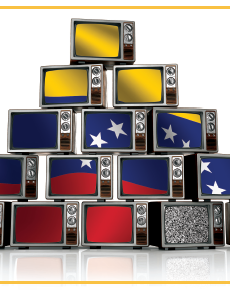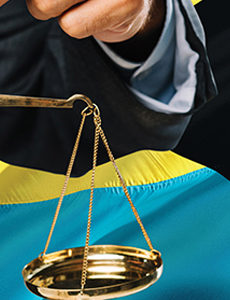
Improving AML in ESAAMLG Member Countries
In 2013, the Financial Action Task Force (FATF) significantly changed its methods for assessing anti-money laundering/counter-terrorist financing (AML/CTF) regimes. Countries are now deemed compliant with the FATF Recommendations when they fulfill the technical requirements and their AML/CTF regime effectively produces the expected results of...















